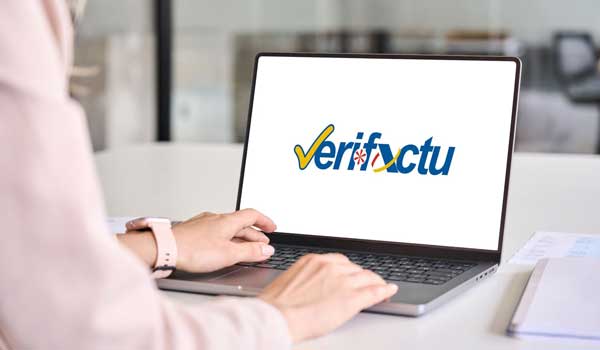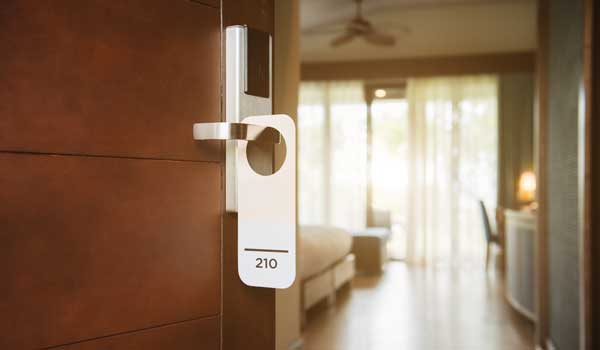Business travel has evolved into a strategic tool: companies now travel with a clear and high-value purpose. After overcoming the recovery phase following the COVID-19 pandemic, the sector shows solid growth: global spending is expected to reach $1.57 trillion in 2025, a 7% increase compared to the previous year, according to the Global Business Travel Association (GBTA).
Additionally, GBTA projects a compound annual growth rate of 6.1% between 2026 and 2029. Nevertheless, these forecasts will depend on factors such as international trade negotiations.
Meanwhile, companies are betting on business travel. Client and partner loyalty, along with training and conference attendance, drive growth for large and small organizations, respectively (2025 Deloitte Corporate Travel Study).
In this context, understanding the trends and challenges of business travel is key to staying ahead. From hotel CFOs to corporate travel managers, every player in the travel industry must be prepared to face these changes.
Generative AI: A game-changer for the Industry
The travel industry has been transformed over the years by technology, and generative AI marks the next big leap: it doesn’t just advise, it acts, makes decisions, and solves problems autonomously, enabling companies to harness full technological potential with minimal oversight.
In the corporate space, 84% of business travelers find it useful to have an AI-based assistant, placing Spain among the most receptive markets for this technology (Connected Journeys, Opinium for Amadeus).
From a hotel perspective, this trend means integrating tools like chatbots to answer FAQs, assistants that help staff make informed decisions (e.g., about occupancy or room allocation), and predictive systems to anticipate demand. AI not only enhances the guest experience but also optimizes operational management and revenue strategies.
Invoice and payment management: A shared challenge for hotels and travel companies
The growth of business travel directly impacts all industry players: analysts expect the Travel Management Company (TMC) market to grow 16.2% annually, from $23.4 billion in 2023 to $47.8 billion in 2030 (For Insights Consultancy).
Despite this growth, a common challenge persists among hotels, online travel agencies (OTAs), TMCs, and companies with traveling employees: managing invoices and payments.
- Hotels spend countless hours emailing invoices, and if any are missing or contain errors, payments can be delayed for weeks—affecting cash flow, internal operations, and team morale.
- On the other hand, companies often don’t receive all hotel invoices or encounter errors and documents that fail to meet local legal requirements. This complicates international VAT recovery, increases the risk of tax penalties, and makes reconciliation harder—plus extra time chasing invoices.
As a result, leading OTAs, companies, and corporate guests are now implementing pre-payment invoicing procedures. Hotels that adopt technology to streamline and secure invoice issuance will not only get paid faster and free up staff for higher-value tasks but also strengthen relationships with corporate clients and improve market positioning.
The traveler at the hotel: The need for a smooth and secure experience
Companies prioritize high-value trips designed to achieve multiple objectives. This quest for efficiency also shapes traveler expectations: 71% want options like self-service or online check-in (Travel Dreams, Amadeus).
Yet check-in and check-out aren’t always smooth: credit card requests, long lines at reception, or confusion about pre-paid charges are common issues that cause frustration and waste time.
Why does this happen? Traditionally, hotels ask for a credit card upon arrival to cover incidental expenses or hold a deposit. While this makes sense for the property, it can create distrust for travelers, especially when the booking is already paid. Add to that manual check-out processes, which sometimes require using a personal card and waiting for reimbursement (a tedious task for travelers with tight schedules).
The impact is clear: 3 in 10 business travelers struggle to comply with reimbursement policies, mainly due to upfront expenses, lack of local cash, and fraud risk. In fact, 17% have experienced credit card fraud during a business trip (BCD Travel survey).
Faced with this scenario, the industry must embrace solutions that eliminate friction and guarantee maximum traveler security.
From Business to Experience: How Hotels Adapt to Bleisure
The concept of “bleisure” (combining business and leisure in one trip) is reshaping how we travel for work. Today’s business travelers seek more than comfort—they value time and meaningful experiences.
For hotels, this trend is a clear opportunity: stand out by offering hybrid services that blend productivity and leisure. That’s why the sector is adapting spaces with extended-stay rooms, apartment-style amenities, advanced connectivity, and quiet work zones. Practical touches like extra outlets, ergonomic furniture, and natural light are paired with personalized local experiences.
Sustainability gains ground in business travel
Environmental concerns are increasingly driving companies to review their corporate travel policies in detail. According to GBTA’s Sustainability Barometer (2023), 92% of respondents consider sustainability a priority, mainly driven by reputation management (84%) and genuine commitment to the planet (82%).
In response, some hotels are adopting measures such as eco-friendly cleaning products, water-saving systems, energy-efficient lighting, and renewable energy sources. These actions not only reduce their footprint but also attract corporate travelers and organizations that value sustainability.
Conclusion
Ultimately, business travel is evolving toward a more efficient, experiential, and responsible model. Adapting is key to creating value in every interaction. Companies that anticipate with efficient processes and memorable experiences will be better positioned to build strong, lasting relationships.












